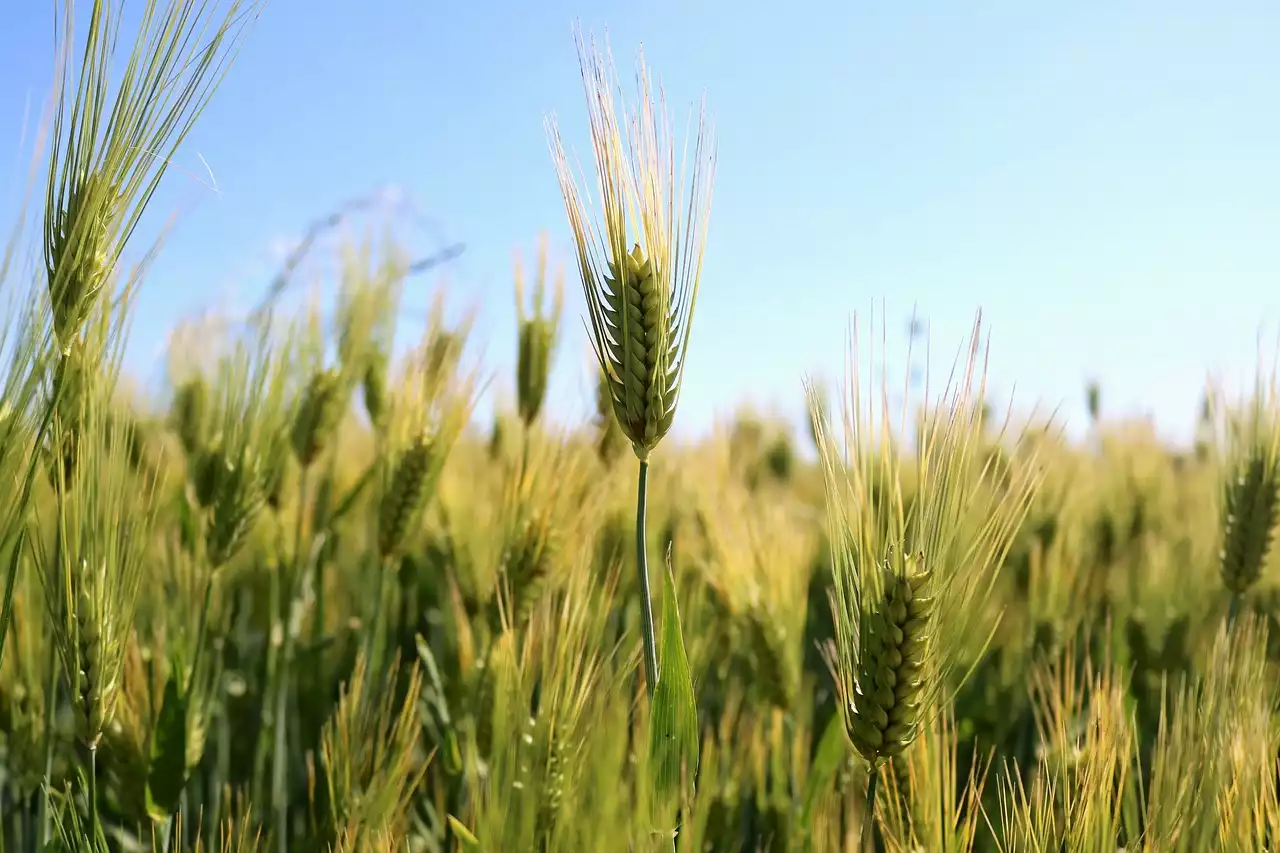Gluten is a protein found in wheat, barley, and rye and can cause serious health issues for those with celiac disease or gluten intolerance. It is important to be aware of the hidden sources of gluten in your diet, as they can be found in unexpected places such as medications, personal care products, and even alcoholic beverages. In this article, we will explore the various hidden sources of gluten and provide tips for avoiding them.
Gluten is a protein that is found in wheat, barley, and rye and can cause serious health problems for those with celiac disease or gluten intolerance. People with these conditions must avoid gluten in their diets to prevent adverse health effects. While many individuals with gluten sensitivities are aware of the traditional sources of gluten, such as bread and pasta, there are many hidden sources of gluten that can be difficult to identify.
Hidden Sources of Gluten
One of the most common hidden sources of gluten is processed foods. This includes sauces, dressings, and condiments, which often contain gluten-containing ingredients like wheat flour. Deli meats and imitation seafood can also contain gluten, so it's important to read food labels carefully and opt for gluten-free options. Baked goods and snack foods, like cookies and crackers, are also often made with gluten-containing flours.
Another unexpected source of gluten is in medications and supplements. Over-the-counter and prescription drugs can contain gluten as a filler or binding agent. Vitamin and mineral supplements may also contain gluten, so it is essential to look for gluten-free options or speak to your doctor about your options.
Personal care and beauty products, like lip balm and toothpaste, can also contain gluten. While the amount of gluten in these products is typically small, it can still be harmful to those with celiac disease or gluten intolerance. Shampoo and conditioner can also contain gluten, so it's important to read labels and opt for gluten-free options.
Alcoholic beverages are another source of hidden gluten. Beer, which is made from gluten-containing grains, is a well-known source of gluten. However, other alcoholic beverages like whiskey and other distilled spirits can also contain gluten, as they are often made from gluten-containing grains and then distilled.
Tips for Avoiding Hidden Sources of Gluten
There are several steps you can take to avoid hidden sources of gluten in your diet:
- Read food labels carefully: Always be sure to read the ingredients list and check for any gluten-containing ingredients. Look for products that are labeled as gluten-free.
- Make smart ingredient choices: Opt for whole, unprocessed foods and avoid processed foods, as they often contain gluten-containing ingredients. Choose gluten-free grains, like rice, quinoa, and corn, instead of gluten-containing grains like wheat, barley, and rye.
- Avoid processed foods: Processed foods are often high in gluten-containing ingredients, so opt for whole, unprocessed foods instead.
Talk to your doctor about medications and supplements: If you have celiac disease or gluten intolerance, it is essential to speak with your doctor about your options for gluten-free medications and supplements. They can help you find alternatives that are safe for you to use.
- Research personal care and beauty products: Look for products that are labeled as gluten-free or check the ingredients list for any gluten-containing ingredients.
- Choose gluten-free alcoholic beverages: Look for gluten-free beer, wine, and other alcoholic beverages that are made without gluten-containing grains.
In conclusion, it is important to be aware of the hidden sources of gluten in your diet to maintain a healthy, gluten-free lifestyle. By reading food labels, making smart ingredient choices, and avoiding processed foods, you can avoid hidden sources of gluten and maintain a healthy, gluten-free diet. Remember to speak to your doctor about your options for gluten-free medications and supplements and research personal care and beauty products to ensure they are safe for you to use.







